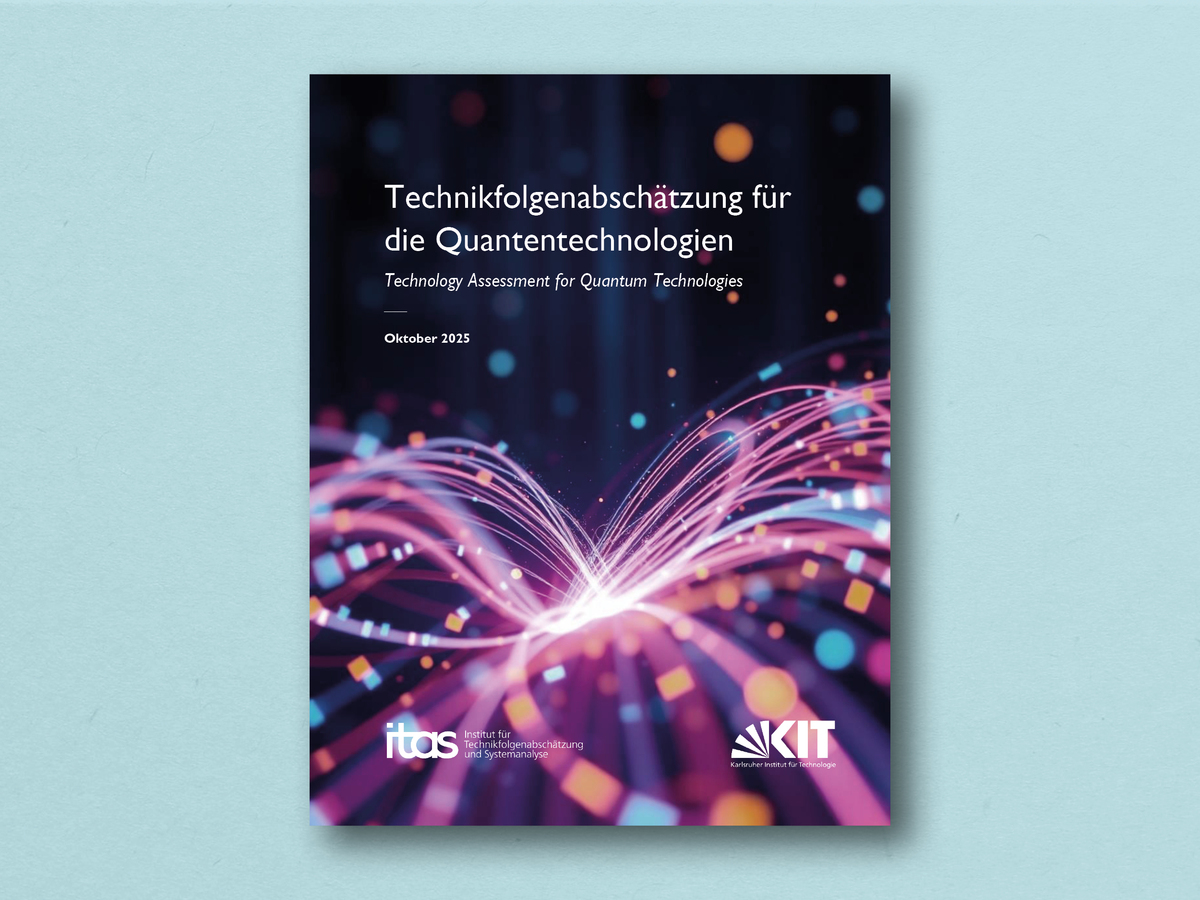Study recommends coordinated TA for quantum technologies
According to experts, the use of quantum technologies (QT) has far-reaching social, economic, and security policy implications. These include the impact of quantum computers on IT security, military applications of quantum sensors, and potential economic advantages at the moment of “quantum advantage.”
Researchers at ITAS have now presented a study commissioned by the German Federal Ministry of Research, Technology, and Space (BMFTR). In it, they conclude that there is a lack of coordinated technology assessment and strategic approaches for QT at the national and European level. Even if the widespread use of quantum technologies is still in the future, the study concludes, the course can and should be set today to identify potential dependencies, inequalities, and dual-use risks and to align development with social, ethical, and sustainable goals.
Technological sovereignty and structured TA integration
For the researchers, this includes shaping policy, education, and communication in the field of QT in such a way that potential dependencies on non-European quantum computer hardware are avoided and social participation is strengthened. Another important factor, they say, is the timely, European-coordinated implementation of post-quantum cryptography, the development of encryption techniques that cannot be deciphered even with quantum computers. The researchers also consider the structured integration of TA into funding and regulatory mechanisms to be crucial. (03.11.2025)
Bibliographic information:
Schmidt, Adrian; Seskir, Zeki C.; Weinberger, Nora; Coenen, Christopher
Technology Assessment for Quantum Technologies: Karlsruher Institute for Technology, 2025, 136 S., DOI: 10.5445/IR/1000185698
Full text


